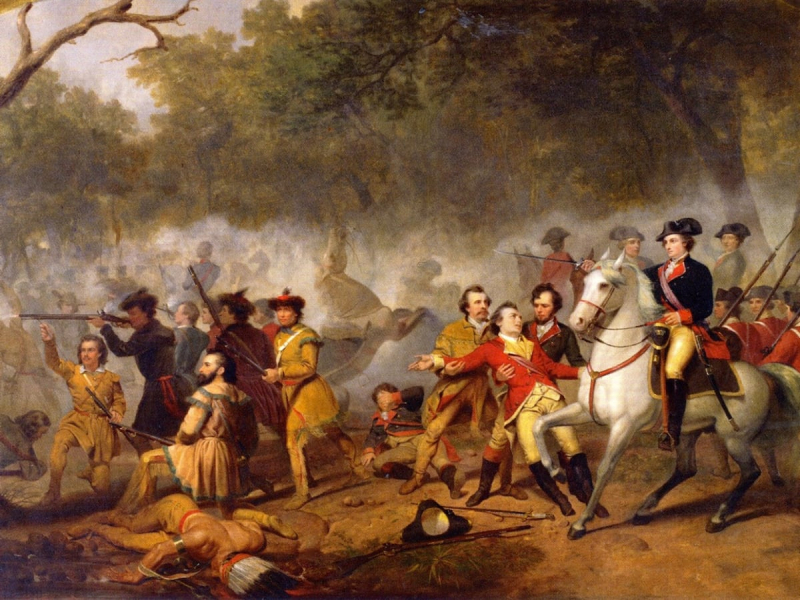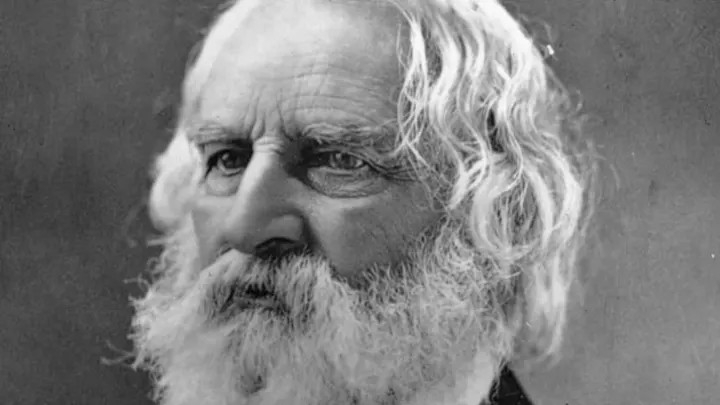The war gave rise to the Cajuns.
The French began to establish themselves in a region that was first known as Acadie, which was centered in Nova Scotia, in the early 1600s.
The British thought the Catholic inhabitants of French-speaking Acadia, which included portions of the modern Canadian provinces of Nova Scotia, New Brunswick, and Prince Edward Island, would be subversive despite their oath of neutrality. The French residents in that area were all expelled by the British after they routed the French in Nova Scotia in the summer of 1755. Around 14,000 Acadians were displaced and forced to leave their homes during "The Great Upheaval" or "Great Expulsion." Hundreds of refugees began to settle in French-controlled Louisiana in the 1760s after fleeing to the American colonies and France. The word "Acadian" changed into "Cajun" there, and those who call themselves Cajun today are descended from those who fled the French and Indian War.
.
In his poem Evangeline, A Tale of Acadie, Henry Wadsworth Longfellow commemorated the expulsion of the Acadians by telling the tale of a lady searching for her long-lost love, Gabriel.












